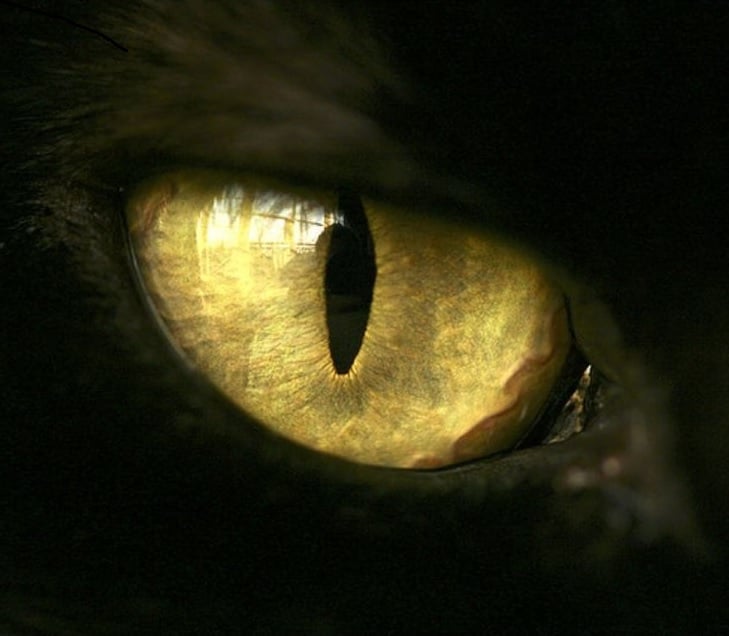

That’s funny. I’ve only ever known 2 of them personally and they have all of it. The whole damn package. Yeah, that wasn’t fun.
Data show that, unlike normative, healthy self-esteem, which is associated with positive outcomes (5–7), narcissistic self-esteem is fragile, because it is highly contingent on achievement-related successes and feedback from the social environment (13–15). Narcissistic self-esteem is thus conceptualized as precariously elevated. When an individual with NPD is faced with an ego threat (e.g., real or imagined criticism, failure, or reduced social regard), unrealistically high self-expectations crumple into perceived inferiority (16, 17). Individuals with NPD are, therefore, hypersensitive to ego threats, and when threatened, they respond with efforts to reduce concomitant distress and upregulate self-esteem (17–19). These regulation strategies include some of NPD’s most recognizable and maladaptive behaviors. Classic “grandiose” responses include being aggressive or devaluing toward others (20, 21), fixating on grandiose fantasies (22), or engaging in self-serving bias (23). Classic “vulnerable” responses include alienating and isolating themselves (24) by avoiding situations that may threaten self-esteem (25), relentlessly criticizing themselves (26–28), or engaging in suicidal behaviors and fantasies (29, 30). This vacillation between overly inflated and deflated self-appraisals, alongside efforts to regulate this unstable sense of self through grandiosity, flawlessness, and/or avoidance, are described in both early psychoanalytic theories of narcissism (31), the contemporary Alternative DSM-5 Model for Personality Disorders (8), and the personality disorder section of the ICD-11 (32–34). It is important to note that research is continually adding nuance to scientific perspectives on self-esteem in NPD (35). Various frameworks differently emphasize shifts between distinct states of grandiosity (i.e., elevated self-esteem, arrogance, and entitlement) and vulnerability (i.e., shame, insecurity, and neuroticism). Scholars are working to clarify whether and how grandiosity may function to conceal ever-present vulnerability and whether fragile self-esteem is a driving force or an outcome of this process (17, 18, 26, 36).
So. I guess it’s not actually clear yet which one of us is right (whether it’s ever-present or not).
All I can say is that in my (limited) experience they have extreme reactions to any sort of criticism, they take almost everything personal, and this just doesn’t happen with people who are actually really self-confident. I know plenty of confident people and they can handle criticism just fine without throwing huge fucking temper tantrums. It came to a point where I was walking on eggshells trying to never say anything that could be interpreted as criticism, because their fragile ego couldn’t handle it and they’d turn it around on me. Like… trying to make themselves feel better by putting me down. Anyway, I’ll stop dragging my personal issues in here, and just say: perhaps some day we’ll have a definitive answer.
Edit: typo.
This is such a weird mentality to me. You don’t get compensated for waiting in line either. Would you really rather stand in line than do self-checkout? Even if it were faster? Doesn’t everyone always say “time is money?” Then you’d be robbing yourself if you don’t pick the fastest option.
Edit: I always pick the fastest option. The less time spent shopping, the better. But then, I’ve never really had bad experiences with self-checkout, so I’m sure I’m a bit biased.